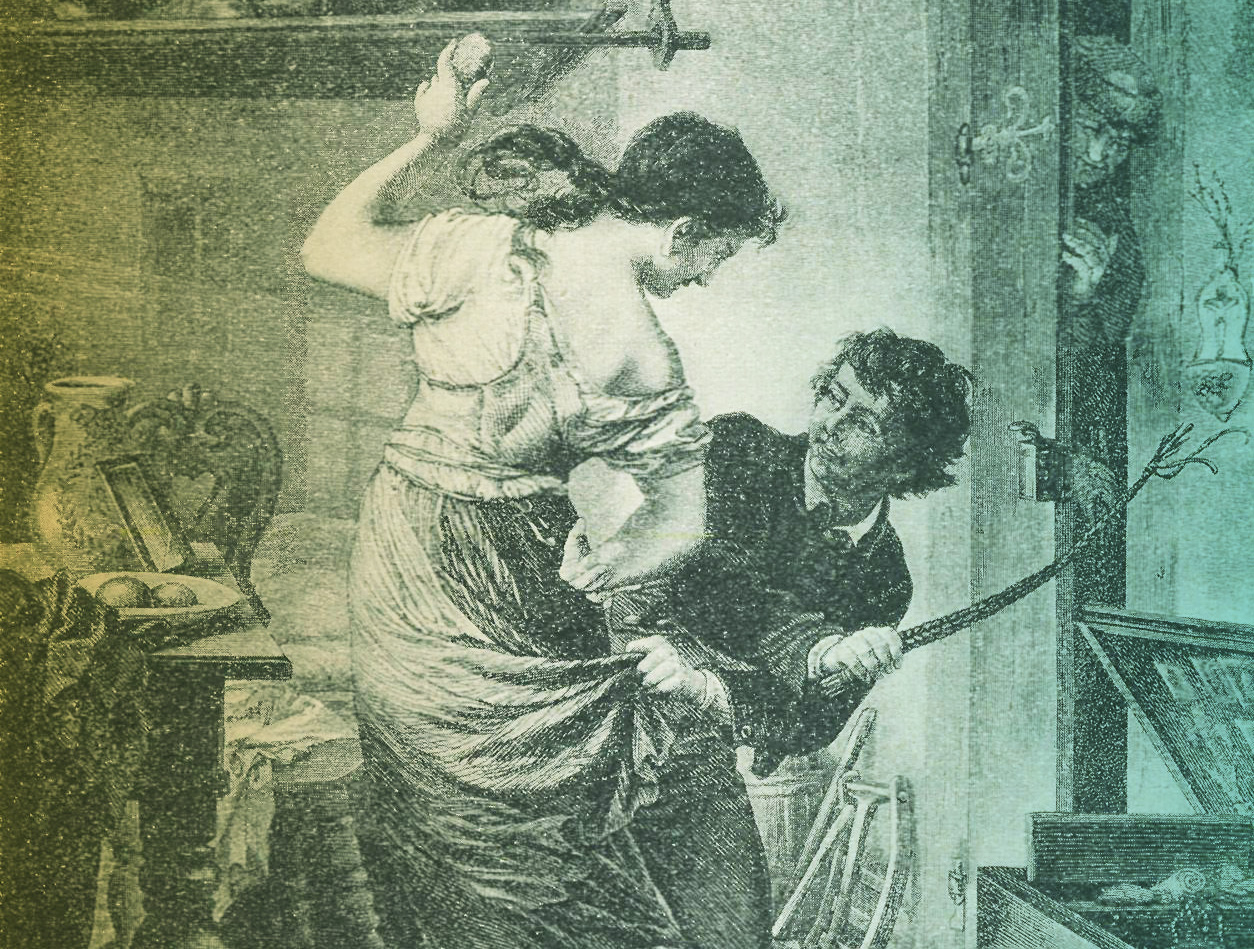“You go to the women? Do not forget the whip!” The (in)famous quote by German philosopher Friedrich Nietzsche must have rung true for Czech and Slovak holiday-makers. While the Easter Monday tradition in Poland is “Wet Monday,” which involves splashing girls with a bucket of freezing cold water, their southern neighbors have taken a different approach to holiday-related courtship.
Pomlázka or korbáč?
It has different names in each country: “pomlázka” in Czech and “korbáč” in Slovak, but what’s in a name? It all boils down to the same thing: boys spanking or whipping girls. Now, before you get a bad idea: it’s not literal whipping, but rather a symbolic one, as the utensil for that resembles an Easter palm more than an actual crime tool, usually made from tree branches adorned with ribbons. But the fact remains, symbolic as it may be: it’s all about boys spanking girls.
Oh no, there’s more: the purpose. Similar to other courtship rituals of the type, it is a meaning-loaded custom with some social background, meant to strengthen bonds between uncoupled girls and boys, weird as it may sound. It also has darker, more symbolic elements establishing a relationship based on dominance and submission. But the alleged purpose of the custom is for the “chosen” girls to be whipped for their beauty and youth. In fact, the word “pomlázka” derives from the Czech verb meaning ‘to rejuvenate.’
Spanking for Christ
The custom has almost certainly has roots in the pre-Christian era. However, as flagellation was also a part of the Passion of the Christ, it allowed the tradition to be more easily assimilated into Christian Easter customs. The original springtime pagan custom was connected with rejuvenation and fertility, as this is a time of rebirth, growth, and blossoming.
And with all this rejuvenating and cult of fertility, all you need to start the new cycle of eternal beginning is a good splash of fresh water. However, it’s cold water that greets any late-arriving whippers who show up for the shenanigans after noon.







